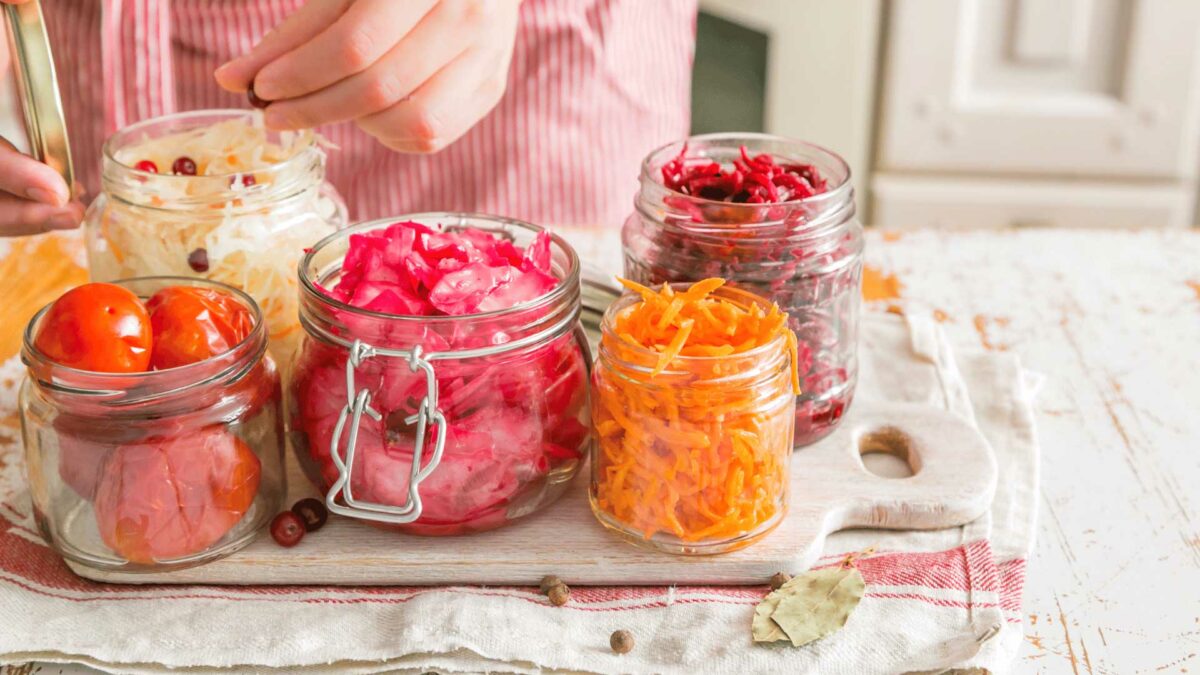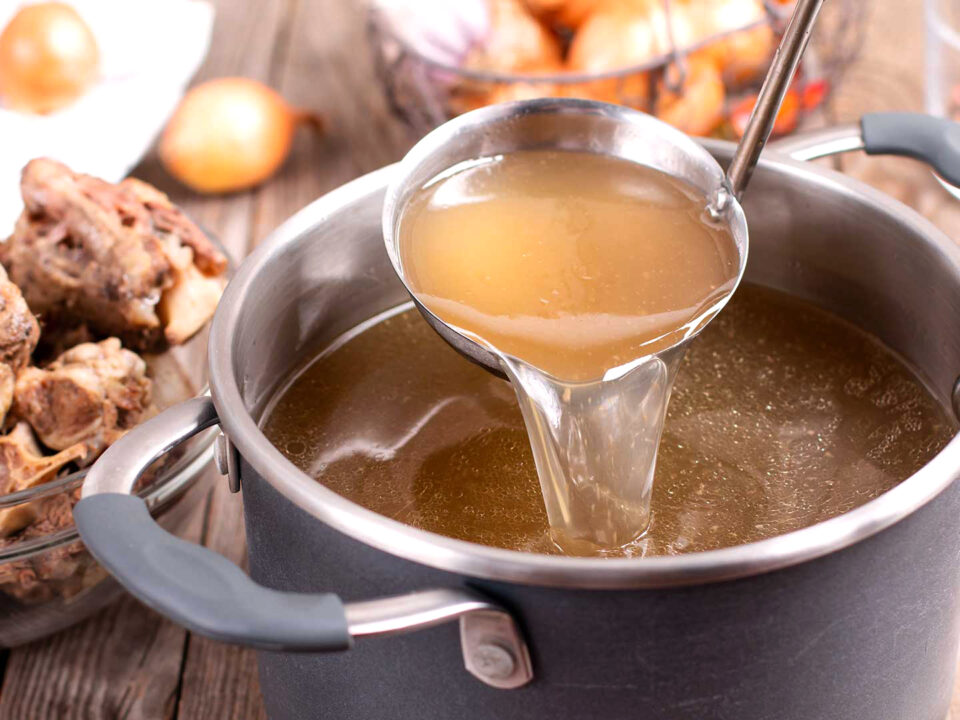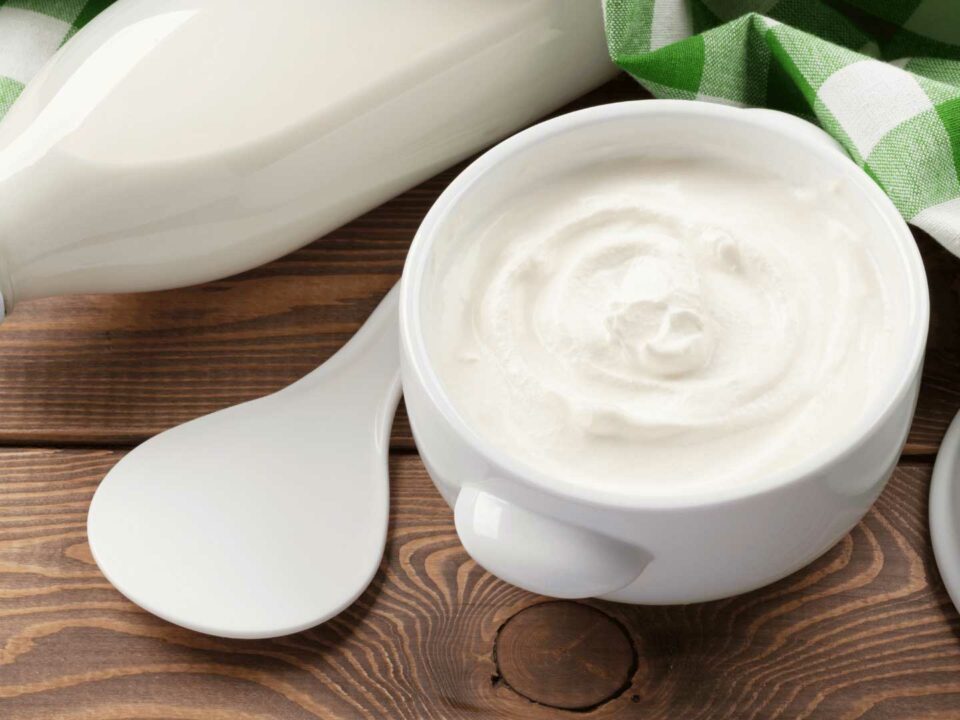We rely on microorganisms for digestion. These are microscopic creatures that function much like us in terms of breathing, eating, and producing waste.
The communities of microorganisms responsible for fermentation are necessary for what we call our immune system, which is our ability to withstand disease. Research has revealed that the brain chemistry that determines how we think, and feel is regulated by these microorganisms in our gut.
Bacteria have been on earth as long as there’s been life, and we’re learning so much more about how we are actually related to the natural world.
What Does Fermentation Have to Do with How We Feel?
The fact that we are made up of ten times more microorganisms than human DNA is changing the way we interact with the microbial world in a big way. We all depend on bacteria for many things that keep us alive and help us function. Researchers and doctors are starting to think of our guts as ecosystems that need to be carefully tended to, and they are looking for new ways that we can work with microbes to bring balance back to the microbiome in our intestines (the microbes in the gut are collectively known as the microbiome), as increasing the number of microbes in the gut seems to have a big effect on overall health and well-being.
Fermented foods and drinks have always been popular and have never gone out of fashion. We could talk about coffee, bread, cheese, beer, and wine. Many of the most delicious foods in the world are made by fermentation.
There are many kinds of microorganisms in everything we eat, but many of our favorite foods and drinks have been lost or replaced with sterile versions, like sauerkraut in a can (a finely cut raw cabbage that has been fermented). Experts are finding out that this may have been negative for us.
There’s speculation that 90 percent of all diseases start in the gut. This could be caused by eating too many processed foods and using too many antibiotics, pesticides, herbicides, chlorinated water, antibacterials, etc.
But what does it mean to ferment? Microorganisms change things through the process of fermentation. It is an old practice that people all over the world have done for a long time. Fermentation doesn’t require any knowledge of biology or microorganisms. Anything can be fermented. Now, we don’t always end up with something tasty that we want to eat or drink when microorganisms change something. “We use the word ‘fermentation’ to talk about intentional or at least desirable changes made by microorganisms,” says the expert in the field Sandor Katz.
The main goal of fermentation is to control the growth of microorganisms. We do this by changing the environment so that some organisms grow and others don’t.
For the first time in our lifetimes, we are learning that eating the bacteria themselves is a great benefit. The health and diversity of the bacteria in our intestines are linked to our health and well-being, and the bacteria themselves are one of the best things about fermented foods and beverages.
Not all fermented foods or drinks have live bacteria. If they are cooked or heated in some other way, the heat kills the bacteria. But as more people learn about this, more and more of us are looking for live fermented foods or fermented foods that have not been cooked or heated so we can eat these bacteria, which are often called probiotics.
Gut bacterial diversity is important for long-term health. Indole-3-lactic acid (ILA) is a molecule that we get from our diet. It can be found in fermented foods like pickles, sauerkraut, kimchi and kefir. ILA is very important because our bodies take it in and convert it into one of the body’s strongest antioxidants.
We are now starting to understand how important it is to have a varied microbiome. If our guts are healthy, we will:
- Feel more energetic
- Get sick less often
- Have better mental clarity and, ultimately, have better emotional well-being
In contrast, a large body of research suggests that if we don’t have a healthy gut, it could be linked to things like:
- Autoimmune conditions
- Diabetes
- Neurodegenerative disorders like Alzheimer’s
- Even emotional issues like anxiety and depression
Dr. Erika Ebbel Angle says that we need to improve our internal fitness because eating badly can keep us from getting the nutrients, we need to stay healthy. It can also damage and change the entire composition of our gut.
Let’s Talk About Flatulence

Flatulence is not a normal part of healthy digestion, and it can be a sign that something is out of balance. If we want to be healthy, it’s important to keep our digestion and microbiome in good shape, so we should pay attention to what our bodies are telling us.
People who eat too many carbohydrates and sugars are more likely to get diet-related diseases, so it’s important to know how our bodies deal with them. Overeating carbohydrates is the main cause of too much flatulence, so we need to switch to a low-carbohydrate, pre-industrial diet that cuts out refined and processed carbohydrates. Nutritionist Rachel Van Der Gugten says that people who eat fewer carbs and more healthy fat and protein have less gas.
Contrary to what most people think, it is possible to “never fart again.”
The first thing we can do is find ways to deal with stress. That’s the biggest trigger for most people.
The second thing, which most people find easy, is to just take hydrochloric acid, a supplement for stomach acid that needs to be taken under supervision and helps a lot with flatulence and digestion.
Last but not least, we add naturally fermented, sour, and pickled foods to our diet. Before the Industrial Revolution, this was a common part of our diets. After the Industrial Revolution, however, we started to use mass refrigeration, so we stopped preserving food with salt, pickling, and fermentation. As a result, we lost something that was very good for our digestive health and our overall health: microorganisms.
We become what we eat, and most importantly, what we absorb!
Yogurt vs. Kefir: What’s Best?
(Natural, unpasteurized)
Yogurt:
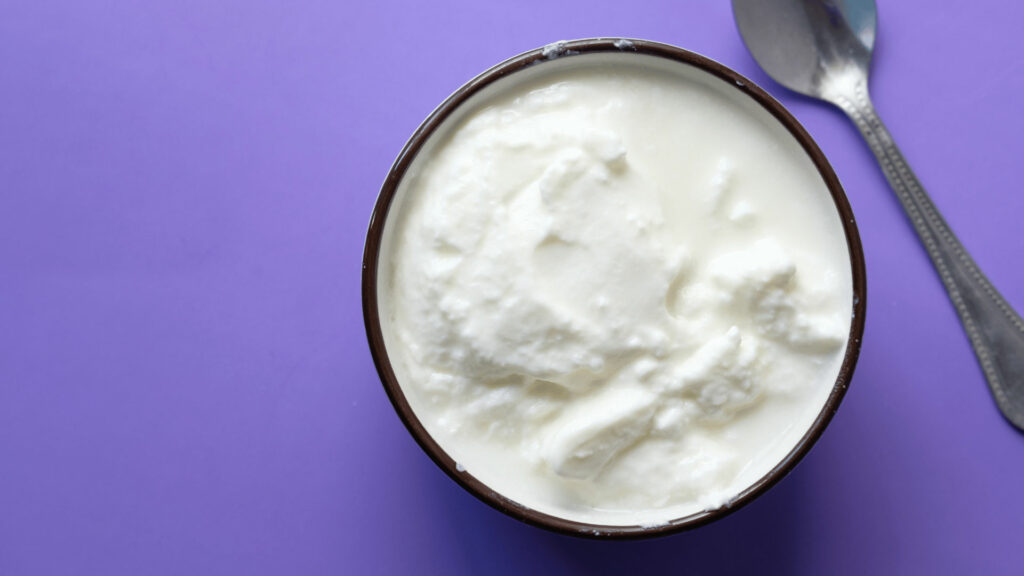
- It only helps clean the colon and feeds already existing microbes. It doesn’t add any new bacteria to the colon.
Kefir:
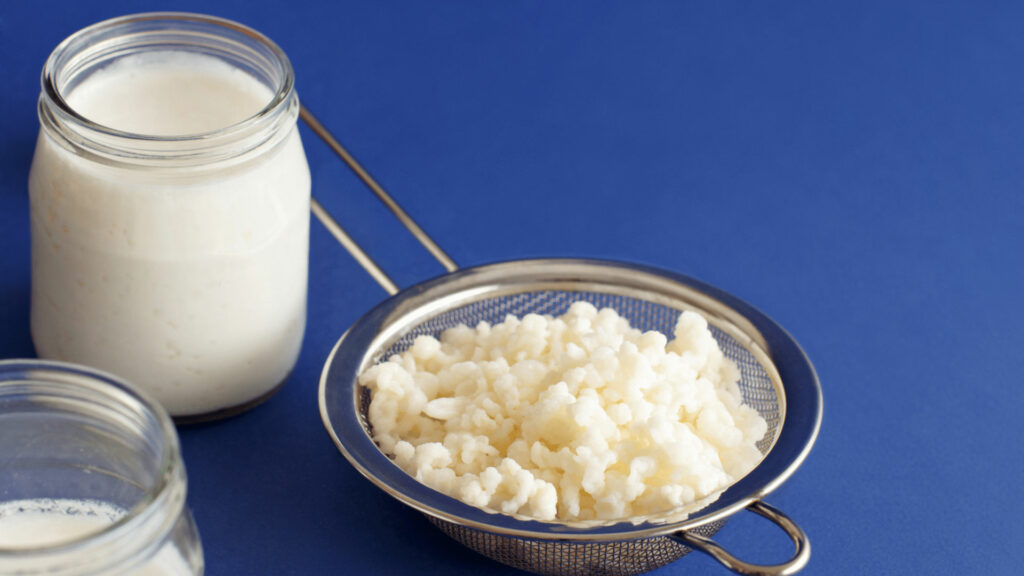
- It helps new colonies of good bacteria and yeast growth.
- Gives the body a lot more nutrients than yogurt, like calcium, magnesium, phosphorus, vitamins B12 and B1, and a lot of other good things.
- It is much easier to digest.
DISCLAIMER
This information is not presented by a medical practitioner and is for educational and informational purposes only. The content is not intended to be a substitute for professional medical advice, diagnosis, or treatment. Always seek the advice of your physician or other qualified healthcare provider with any questions you may have regarding a medical condition. Never disregard professional medical advice or delay seeking it because of something you have read.
